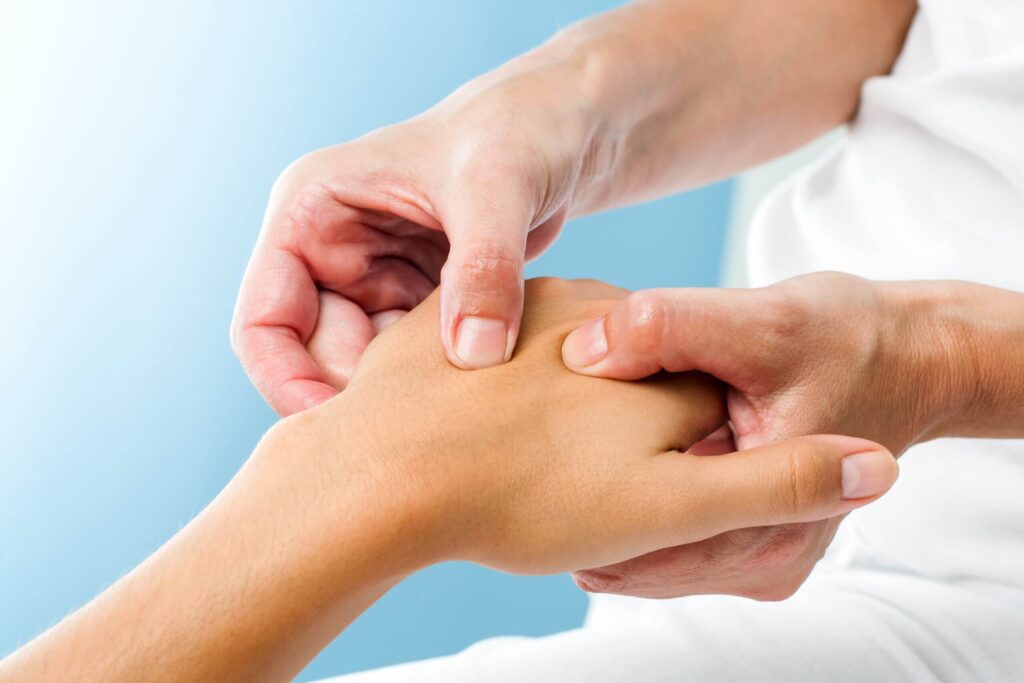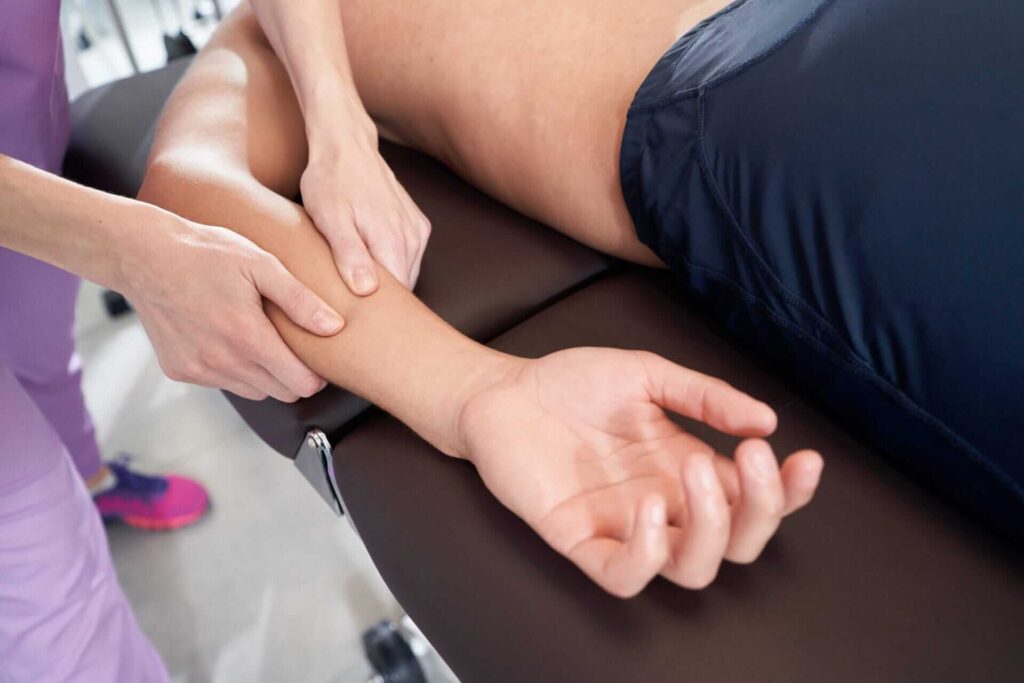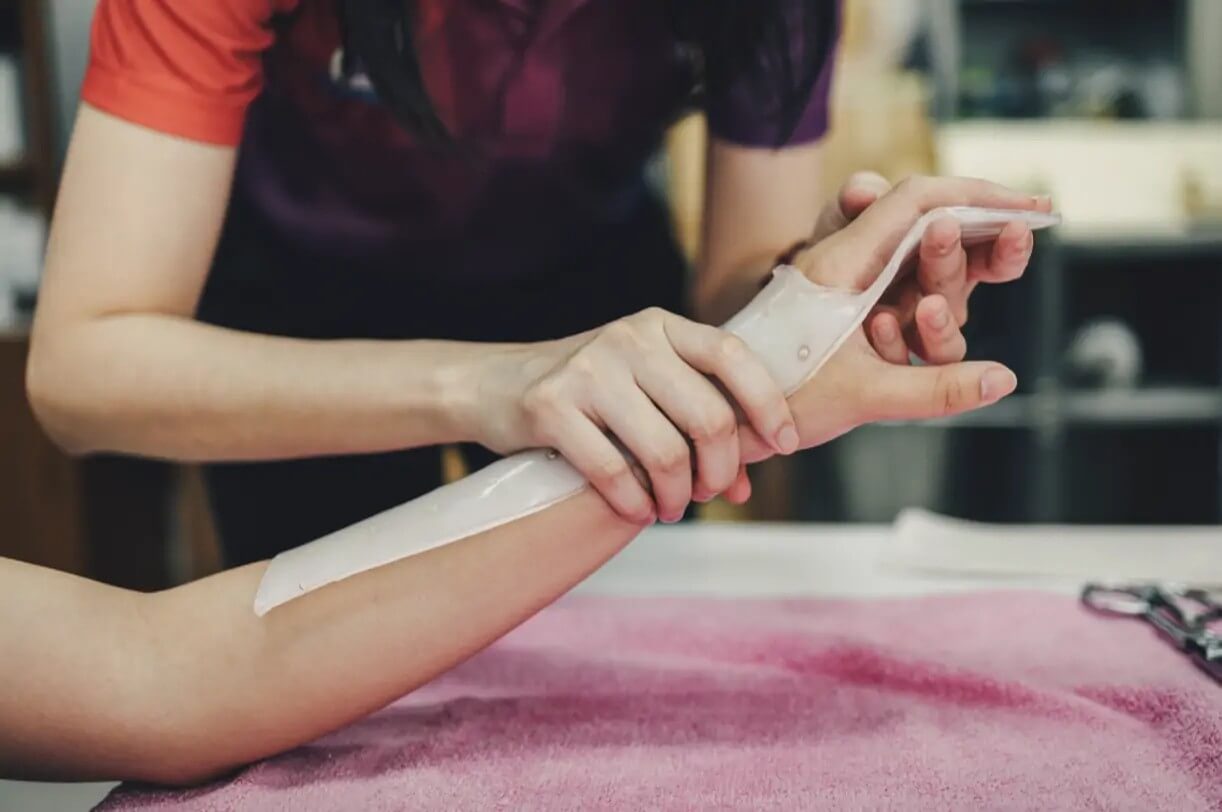When seeking treatment for hand injuries or conditions, understanding what to expect during your first session at Castle Hill Hand Therapy can greatly alleviate any apprehensions. This guide aims to provide a comprehensive overview of the process, ensuring you feel informed and prepared for your visit.
The Importance of Hand Therapy
Hand therapy is a specialised form of rehabilitation that focuses on the treatment of conditions affecting the hands, wrists, and forearms. Whether recovering from surgery, managing chronic pain, or rehabilitating after an injury, hand therapy plays a crucial role in restoring function and improving quality of life.
At Castle Hill Hand Therapy, the therapists are trained to assess and treat a variety of conditions, from tendon injuries and fractures to arthritis and repetitive strain injuries. The goal is to help patients regain strength, flexibility, and functionality, allowing them to return to their daily activities with confidence.
Why Choose Castle Hill Hand Therapy?
Castle Hill Hand Therapy stands out due to its commitment to personalised care. Each patient is treated as an individual, with tailored treatment plans designed to address specific needs. The clinic employs evidence-based practices and the latest therapeutic techniques to ensure optimal recovery outcomes.

Furthermore, the therapists at Castle Hill are not only highly qualified but also passionate about helping patients. Their empathetic approach fosters a supportive environment, making the rehabilitation journey more manageable and less daunting. This dedication to patient-centred care is complemented by the use of advanced technology and innovative modalities, such as ultrasound therapy and custom splinting. These tools are integral in enhancing recovery and ensuring that each patient receives the most effective treatment possible.
In addition to the hands-on therapies, Castle Hill Hand Therapy places a strong emphasis on education and self-management. Patients are encouraged to engage in their own recovery by learning about their conditions and the best practices for maintaining hand health. Workshops and informational sessions are often held, providing valuable resources on topics such as ergonomics, injury prevention, and the importance of regular exercise for sustaining hand function. This holistic approach not only empowers patients but also fosters a community of support, where individuals can share their experiences and progress, further enhancing their rehabilitation journey.
Your First Session: What to Expect
Understanding the structure of your initial appointment can help ease any anxiety. The first session typically lasts around 60 minutes and involves several key components.
Initial Assessment
The session begins with a thorough assessment of your hand condition. The therapist will ask about your medical history, including any previous injuries, surgeries, or chronic conditions. This information is vital for creating an effective treatment plan.
Following the discussion, the therapist will conduct a physical examination of your hands and wrists. This may involve assessing your range of motion, strength, and any areas of pain or discomfort. The therapist may also use specific tests to evaluate the functionality of your hands and determine the best course of action for your rehabilitation.
In addition to the physical examination, the therapist may also inquire about your daily activities and how your hand condition impacts them. Understanding your lifestyle is crucial, as it allows the therapist to tailor the treatment to your specific needs. For instance, if you are a musician or a chef, the therapist will take into account the unique demands of these activities when devising your rehabilitation strategy.

Setting Goals
After the assessment, the therapist will collaborate with you to set realistic and achievable goals for your therapy. These goals will be tailored to your specific needs and lifestyle, ensuring that the treatment plan aligns with your personal aspirations for recovery.
Whether your aim is to return to a sport, perform daily tasks without pain, or simply improve your overall hand function, establishing clear objectives is essential for tracking progress throughout your therapy journey. The therapist may also encourage you to visualise your goals, which can serve as a motivational tool during your rehabilitation. This process fosters a sense of ownership over your recovery, making it a more engaging and personalised experience.
Introduction to Treatment Techniques
Once goals are established, the therapist will introduce you to various treatment techniques that may be employed during your sessions. These can include exercises to improve strength and flexibility, manual therapy to relieve pain, and modalities such as ultrasound or electrical stimulation.
Your therapist will explain the purpose of each technique and how it contributes to your recovery. This transparency not only enhances your understanding but also empowers you to take an active role in your rehabilitation. Furthermore, the therapist may provide you with resources or handouts that detail the exercises and techniques you can practice at home, ensuring that you remain engaged and proactive in your healing process. This holistic approach not only aids in recovery but also helps to build a strong therapeutic alliance between you and your therapist, which is crucial for long-term success.
What to Bring to Your First Appointment
Medical Documentation
If you have any medical reports, imaging results, or referral letters from your doctor, it is beneficial to bring these along. They provide valuable context for the therapist and can aid in formulating a more effective treatment plan.
Comfortable Clothing
Wearing comfortable clothing that allows easy access to your hands and wrists is advisable. This ensures that the therapist can conduct a thorough assessment and perform any necessary treatments without hindrance.
List of Questions
It can be helpful to prepare a list of questions or concerns you may have regarding your condition or treatment. This ensures that you cover all bases during your appointment and leave with a clear understanding of your therapy plan.

Follow-Up Sessions and Ongoing Care
Your first session is just the beginning of your journey towards recovery. Depending on your condition and the goals set during your initial appointment, follow-up sessions will be necessary to monitor progress and adjust treatment as needed.
Frequency of Appointments
The frequency of your appointments will depend on various factors, including the severity of your condition, your response to treatment, and your personal schedule. Typically, patients may attend sessions once or twice a week, but this can vary based on individual needs.
Home Exercise Program
In addition to in-clinic treatments, your therapist may provide you with a home exercise programme designed to complement your therapy. This programme will include specific exercises to perform between sessions, which can significantly enhance your recovery process.
Adhering to this programme is crucial, as it empowers you to take control of your rehabilitation and can lead to faster and more effective results.
Preparing for Success: Tips for Your Therapy Journey
Embarking on a hand therapy journey can be daunting, but there are several strategies you can employ to maximise your success.
Stay Committed
Commitment to your therapy is key. Regular attendance at sessions and adherence to your home exercise programme will significantly influence your recovery. Remember that progress may take time, and consistency is essential.
Communicate Openly
Open communication with your therapist is vital. If you experience any discomfort or have concerns about your treatment, do not hesitate to voice these issues. Your therapist is there to help you and can adjust your treatment plan as necessary to ensure your comfort and progress.
Celebrate Milestones
As you progress through your therapy, take the time to celebrate your achievements, no matter how small. Recognising milestones can boost your motivation and reinforce your commitment to recovery.
Conclusion
Your first session at Castle Hill Hand Therapy is an important step towards regaining hand function and improving your quality of life. By understanding what to expect, preparing adequately, and committing to your treatment plan, you can embark on a successful rehabilitation journey.
With the support of dedicated therapists and a personalised approach to care, Castle Hill Hand Therapy is well-equipped to help you achieve your goals and return to the activities you love. Embrace the journey ahead, and take the first step towards recovery today.
See Also – Castle Hill Speech and OT: A Parent’s Guide to Holistic Child Development

